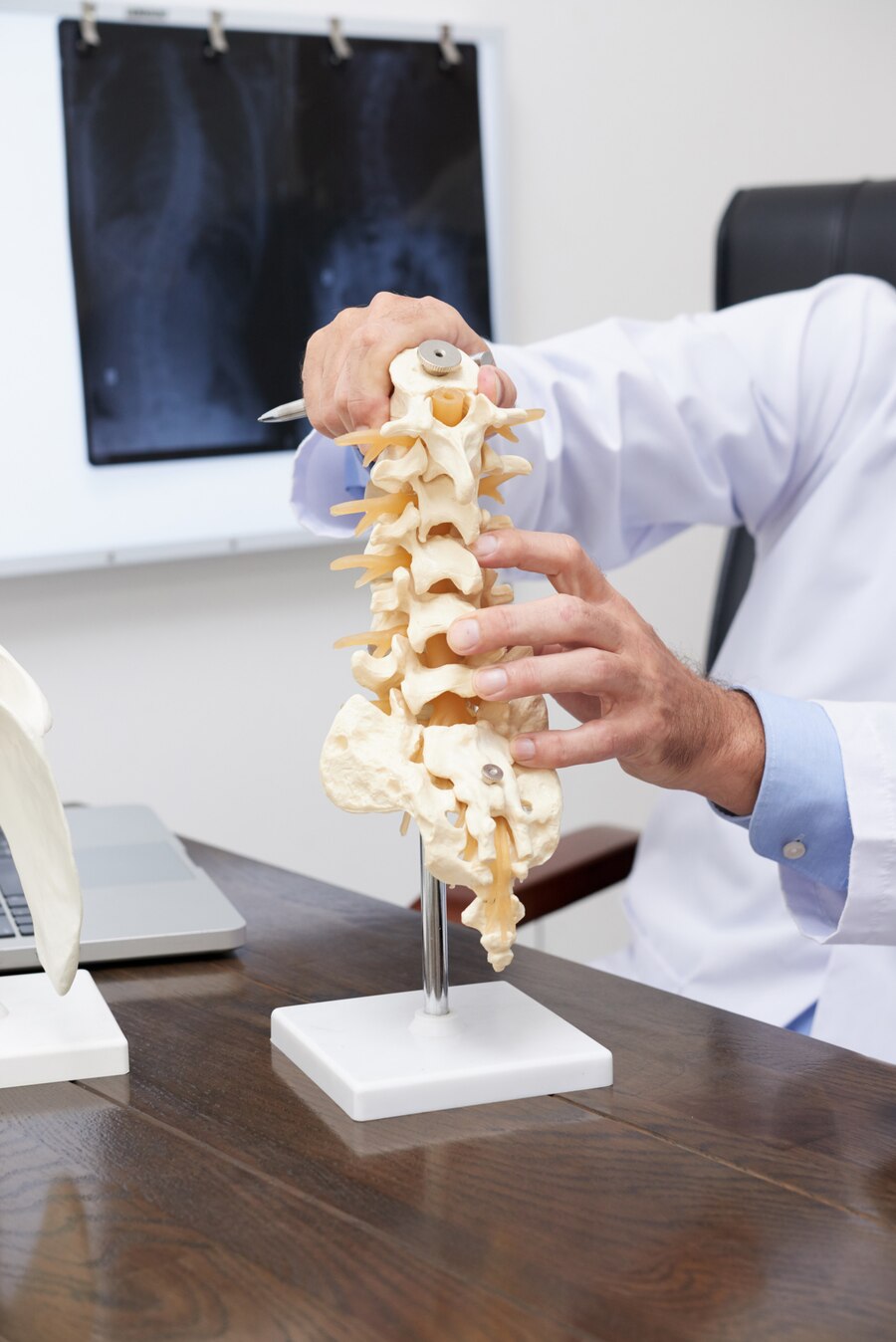
Undergoing spine surgery is a significant step toward improving your quality of life, but recovery plays an equally vital role in achieving the best possible outcome. At Awake Spinal Fusion, we’re committed to guiding you through this critical phase with expert tips and essential advice. In this article, we’ll explore the dos, don’ts, and practical strategies to ensure a smooth and successful recovery.

The Importance of Proper Aftercare
Healing after spine surgery requires a combination of medical supervision, self-care, and patience. The recovery process can vary depending on the type of surgery, your age, overall health, and adherence to post-operative instructions. Proper aftercare not only promotes faster healing but also minimizes the risk of complications such as infections, blood clots, or recurring pain.
Dos for a Successful Recovery
- Follow Your Doctor’s Instructions
Your surgeon will provide specific post-operative guidelines tailored to your surgery and medical history. These may include medication schedules, physical therapy routines, and follow-up appointments. Adhering to these instructions is crucial for a safe recovery.
- Maintain a Healthy Diet
Nutrition plays a vital role in the healing process. Focus on foods rich in protein, vitamins, and minerals. Include leafy greens, lean meats, fish, whole grains, and fruits in your diet. Proper hydration is equally important to support tissue repair and overall health.
- Engage in Approved Physical Activity
Gradual movement is key to avoiding stiffness and promoting circulation. Light activities such as walking can prevent blood clots and enhance recovery. However, always consult your surgeon or physical therapist before beginning any exercise regimen.
- Practice Good Posture
Maintaining proper posture reduces strain on your spine and helps prevent complications. Use ergonomic furniture and support devices like lumbar pillows to align your spine correctly.
- Attend Physical Therapy Sessions
Physical therapy is often prescribed to strengthen muscles around the surgical site, improve flexibility, and restore mobility. Consistent attendance and effort in therapy sessions are essential for long-term success.
- Get Plenty of Rest
Allowing your body adequate time to rest and recover is essential. Ensure you’re getting quality sleep in a position that supports your spine, such as lying on your back with a pillow under your knees or on your side with a pillow between your legs.
Don’ts for a Smooth Recovery
- Avoid Heavy Lifting
Refrain from lifting heavy objects, as this can strain your spine and disrupt the healing process. Follow your doctor’s recommendations on weight limits and techniques for bending or reaching.
- Don’t Skip Medications
Pain management and infection prevention are critical during recovery. Take prescribed medications as directed, even if you start feeling better. Abruptly discontinuing pain medication can lead to discomfort and hinder recovery.
- Say No to Smoking
Smoking impairs blood flow and reduces oxygen delivery to tissues, delaying healing and increasing the risk of complications. If you’re a smoker, consider using this period as an opportunity to quit.
- Avoid Prolonged Sitting or Standing
Remaining in one position for extended periods can cause stiffness and discomfort. Alternate between sitting, standing, and walking to keep your spine flexible and prevent blood clots.
- Refrain from High-Impact Activities
Activities such as running, jumping, or contact sports can jeopardize your recovery. Stick to low-impact exercises approved by your healthcare provider.
- Don’t Ignore Warning Signs
If you experience symptoms like increased pain, swelling, redness around the incision, fever, or difficulty breathing, contact your healthcare provider immediately. These could indicate complications that require prompt attention.
Expert Tips for Enhanced Recovery
- Set Realistic Expectations
Recovery timelines can vary significantly depending on the type of spine surgery performed. Be patient with yourself and celebrate small milestones along the way.
- Utilize Assistive Devices
Tools like grabbers, raised toilet seats, and shower chairs can make daily tasks easier and safer. Don’t hesitate to invest in these devices if recommended by your healthcare team.
- Stay Positive and Motivated
Mental health plays a significant role in physical recovery. Practice mindfulness, meditation, or relaxation techniques to reduce stress and promote healing. Surround yourself with a supportive network of friends and family.
- Incorporate Gentle Stretches
As you progress, gentle stretching can help improve flexibility and reduce stiffness. Always consult your physical therapist before introducing new movements.
- Monitor Your Progress
Keep track of your recovery by maintaining a journal of your pain levels, physical activities, and emotional state. This can help your doctor make informed decisions during follow-up visits.
- Stay Educated
Learn about your condition and recovery process. Knowledge empowers you to make informed decisions and recognize potential issues early.
When to Seek Medical Help
While some discomfort and fatigue are normal during recovery, certain symptoms should not be ignored. Contact your doctor if you experience:
- Severe or persistent pain not relieved by medication.
- Swelling, redness, or discharge from the incision site.
- Fever above 101°F (38.3°C).
- Numbness or weakness in the limbs.
- Loss of bladder or bowel control.
Conclusion
Healing after spine surgery is a journey that requires diligence, patience, and support. By following the dos and don’ts outlined above and seeking guidance from professionals like those at Awake Spinal Fusion, you can optimize your recovery and reclaim your quality of life. Remember, every step you take—literally and figuratively—brings you closer to a healthier, more active future.






